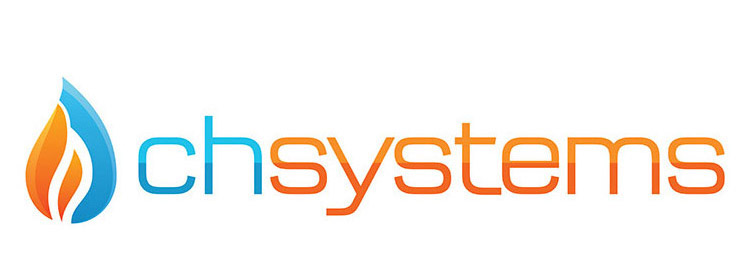Reznor’s new efficiency condensing heater promises to help businesses cut costs
In a time when energy culture is all about carbon reduction and money saving, there is extreme pressure on companies to be as eco-efficient as possible. Matter-of-factly, this can only happen if suppliers and providers rise to the challenge with equal intent – by meeting demand with product. With this in mind, Reznor’s vastly improved RHeco range couldn’t have come at a better time. Designed with business in mind, the systems supplier’s new fully condensing gas fired unit promises to cut overheads by delivering warmth at low cost.
Launched earlier this year, the range features a new primary heat exchanger and an advanced burner with ‘pull through’ combustion and premix technology, which allows for high efficiency condensing heaters that have been developed to deliver thermal efficiencies of up to 109 per cent at minimum load and 100 per cent at full load.
With the system’s advanced technology, the reduction in CO, CO2 and NOx emissions is immense; so much so that RHeco exceeds the requirements of current Building Regulations L2 as well as European norms. The extremely low NOx emissions also enable BREEAM points to be claimed (when applicable). BREEAM sets the standard for best practice in sustainable building design, construction and operation and has become one of the most comprehensive and widely recognised measures of a building’s environmental performance. Credit from BREEAM ranks a building high on the sustainability-o-metre, which, along with energy savings made, offers an extremely favourable payback period.
But RHeca’s money-saving possibilities are not all about its ethical content. RHeca’s heating units are made from high quality, corrosion resistant steel, which informs its durability. The system’s tubular primary heat exchanger reduces thermal stress to ensure improved life expectancy, and due to its advanced burner technology delivers optimum reliability and ease of maintenance. In translation: it’s less likely to break and more likely to last a long time.
Other important features include:
- Versatile flue options (top or rear connections) for ease of installation.
- High flow axial fan for a powerful air throw, decreases stratification and improves heat distribution.
- 5:1 turn down ratio for close temperature control. Reduced temperature gradients help prevent stratification.
Reznor has suggested that its RHeca range is ideal for low carbon buildings, with up to 35 per cent energy saving on replacement heaters. For more detail on the RHeco heating range, visit Reznor.co.uk.
If you’d like further information, feel free to contact the CH Systems team on 0208 302 8149 or info@chsystems.cc.


